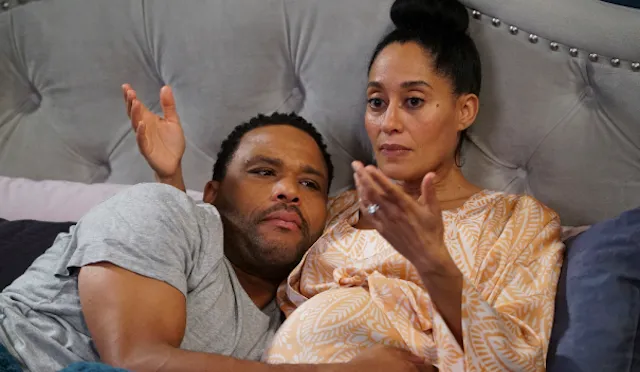In most jobs, if not all, comparing paychecks and talking openly about salaries is a total taboo. In many workplaces, it’s a fireable offense. (Or, at least, employees are told it is. Some states have protections making it illegal to prevent employees from discussing pay.)
But women are now having those conversations and, in the case of women in Hollywood, they are having them publicly. When it was revealed that Michelle Williams was paid roughly $1000 in per diems for reshoots on All the Money in the World whereas Mark Wahlberg was given a $1.5 million pay bump, there was obvious outrage. (Enough to shame Wahlberg into donating that money to the TIMESUP legal fund in Williams’ name.)
That degree of disparity among costars is extreme, but it’s not unusual, only an exaggeration of standard inequalities. Wahlberg and Williams reportedly already had wildly different salaries, with him earning $5 million compared to her $625,000. The two had similar screentime, and Williams is the one being nominated for awards. She also had more Oscar nominations under her belt going into the project.
During a recent Time’s Up meeting for women in Hollywood, Wahlberg and Williams were reportedly discussed “at length,” as was the fact that Tracee Ellis Ross apparently makes “significantly less” than Black-ish co-star Anthony Anderson.
While it’s not a solution in itself, transparency is essential in allowing women to have a hand in evening the playing field. THR writes,
With negotiations for the fifth season ongoing, sources say Ellis Ross feels that if she isn’t brought up to Anderson’s level, she may opt to appear in fewer episodes to make up the disparity by guesting on another show. The tactic has split opinions within Time’s Up, with some worried that it’s more a retreat than a forward-looking solution (fitting in extra work isn’t always feasible, and often an actress wouldn’t earn as much guesting as she would as a network star). A network source says a new deal will significantly increase her compensation and cautioned that Anderson and Ellis Ross’ roles aren’t equal given that he has been attached to Black-ish from the start and is an executive producer. Still, until a few weeks ago, this type of candid conversation would never have taken place outside an actress’ agency.
Even the ability to push and negotiate in that way is fairly uncommon, especially for a black woman in Hollywood. In writing about the pay discrepancy between herself and Brad Pitt on The Curious Case of Benjamin Button, Taraji P. Henson wrote in her 2016 memoir (via THR), “The math really is pretty simple: There are way more talented black actresses than there are intelligent, meaningful roles for them. This is exactly how a studio can get away with paying the person whose name is third on the call sheet of a big-budget film less than 2 percent what it’s paying the person whose name is listed first. I knew the stakes. … If I pushed for more money, I’d be replaced and no one would so much as blink.”
When the Sony email hack revealed how little Amy Adams was paid compared to her male costars in American Hustle, she said she knew about the discrepancy going in. “I still agreed to do it because the option comes down to do it or don’t do it,” she said. “So you just have to decide if it’s worth it for you. It doesn’t mean I liked it.”
Melissa Silverstein, the founder of Women and Hollywood, says that “For women in Hollywood, the system was created to isolate them from each other and to pit them against one another.” Of course, none of this is unique to Hollywood. Women and POC experience this in all industries. It takes professional power to be able to negotiate for money, and it’s nearly impossible to get that kind of power in isolation.
So when employees are told not to talk about pay, it’s not like we don’t all know who those rules are meant to benefit.
The women of Hollywood are in a unique position to be able to bring attention to the imbalances in their industry. Silverstein says, “Women are taking back the power by sharing the information in a way that has never been done before.” But as with the #MeToo movement and discussions around sexual harassment and assault, we need to make sure that the focus on celebrities isn’t the limit of the conversation, but rather a way to amplify the voices of others suffering from similar inequalities who lack the same spotlight.
(via THR, image: ABC)
Want more stories like this? Become a subscriber and support the site!
—The Mary Sue has a strict comment policy that forbids, but is not limited to, personal insults toward anyone, hate speech, and trolling.—










Published: Jan 19, 2018 02:43 pm